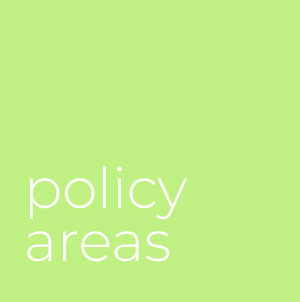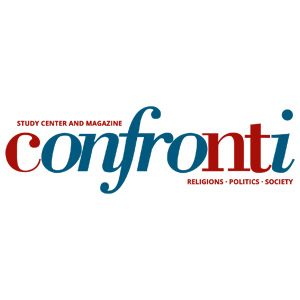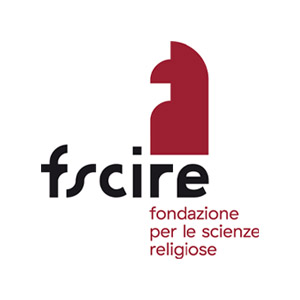Glossary
Public school
Public school. “Public schools” are schools “whose organization, financing and management are primarily the responsibility of, or under the primary oversight of, a public body (state, regional, municipal, etc.)” (ODIHR Advisory Council of Experts on Freedom of Religion or Belief, Toledo Guiding Principles on Teaching about Religions and Beliefs in Public Schools, p. 20).
Teaching about religion/belief, teaching of religion/belief, teaching of religion/belief as a transversal subject. In the EU countries religious/belief education is provided in different ways. In some of them students obtain information and knowledge about different religions and beliefs and about the role they play in the historical, cultural and social development of a nation. This teaching is usually provided under the supervision of state authorities and is subject to the rules that apply to other teachings provided in public schools. The expression “teaching about religions/beliefs” has been used to describe this system. In other countries one or more specific religions or beliefs are taught, frequently by members of that tradition and/or under the supervision of institutions representing it (“teaching of religion/belief”). In France, religion and belief are not taught in isolation but in the framework of the most relevant subjects in the school curriculum (history, geography, literature, languages, the arts, etc). In this case, the expression “teaching of religion/belief as a transversal subject” (see Ministère de l’Education Nationale, de la Jeunesse et des Sports, Eduscol) has been used. However, it should be kept in mind that the dividing line between these approaches to religious/belief education is often blurred.
Spiritual assistance
Chaplain. Questions 2.1-2.4, 5.1-5.4, and 8.1-8.4 address the presence of an RBM permanent representative (chaplain) in prisons, healthcare facilities, and Army barracks. The questions are aimed at ascertaining whether there is a stable and organized system of spiritual care supported by the state, a system of which the existence of the chaplain is an expression. RBM representatives who simply have the right to visit the prisons, healthcare facilities, or barracks at the invitation of an inmate, patient, or soldier or on their own initiative do not fall into the "permanent representative" category.
Chapel/meeting place (questions 3-3.1, 6-6.1, and 9-9.1). A chapel/meeting place is a space which is in the permanent and exclusive disposition of a specific RBM for the use and meetings of its members. A space occasionally designated for these uses but also used for other purposes does not fall under the "chapel" category.
Multi-faith spaces (questions 4, 7, 10). A multi-faith space is a space permanently devoted to the use and meetings of RBM members and shared by different RBMs.
Food that is not forbidden by the rules of a RBM (questions 14-14.1). This expression indicates food that an RBM member can legitimately consume because it does not require preparation according to specific rules or is prepared in accordance with religious rules.
Legal status
General mention / specific mention. A few questions refer to constitutions or laws that contain general or specific mentions of religious/belief organizations or minorities. “General mention” means a mention which recognizes the positive role of religions/beliefs and religious/belief organizations (or minorities) in the history and/or social development of a country and which may undertake promotion of their rights, without specifying any particular religion or belief. When this mention concerns a particular religion or belief (or their institutions) the expression “specific mention” has been used.
Laws on FoRB / laws on religious/belief organizations. For this distinction see the introduction to the policy area “Legal status.”
Laws concerning specific religious / belief organizations. This expression refers to laws that regulate in general terms, in execution of a bilateral agreement or independently of it, the legal status of a religious / belief organization or minority. This definition does not include laws that regulate the activities of a religious / belief organization or minority in relation to a specific policy area (education, marriage, etc.).
Registration/recognition as civil law organization. In the Member States of the European Union there are different types of organizations with legal personality. Almost all legal systems provide a specific form of legal personality for organizations that have a religious purpose: in this case the expression "registration/recognition as religious/belief organization" has been used. All of them also provide for a generic form of legal personality available for organizations pursuing different aims: in this case the expression “registration/recognition as civil law organization” has been used.
Religious/belief symbols
Religious or belief symbols officially displayed/religious or belief symbols privately displayed. In some countries, public institutions (prisons, hospitals, Army, etc.) are required by law to display religious/belief symbols. In this case, the expression "religious/belief symbols officially displayed" has been used.
In case an inmate, a patient, or a member of the armed forces displays a religious/belief symbol in what could be called his/her "private space" (desk, bedside table, etc.), the expression "religious/belief symbols privately displayed" has been used (acknowledging that the expression "private space" is inevitably imprecise).

 MENU
MENU













